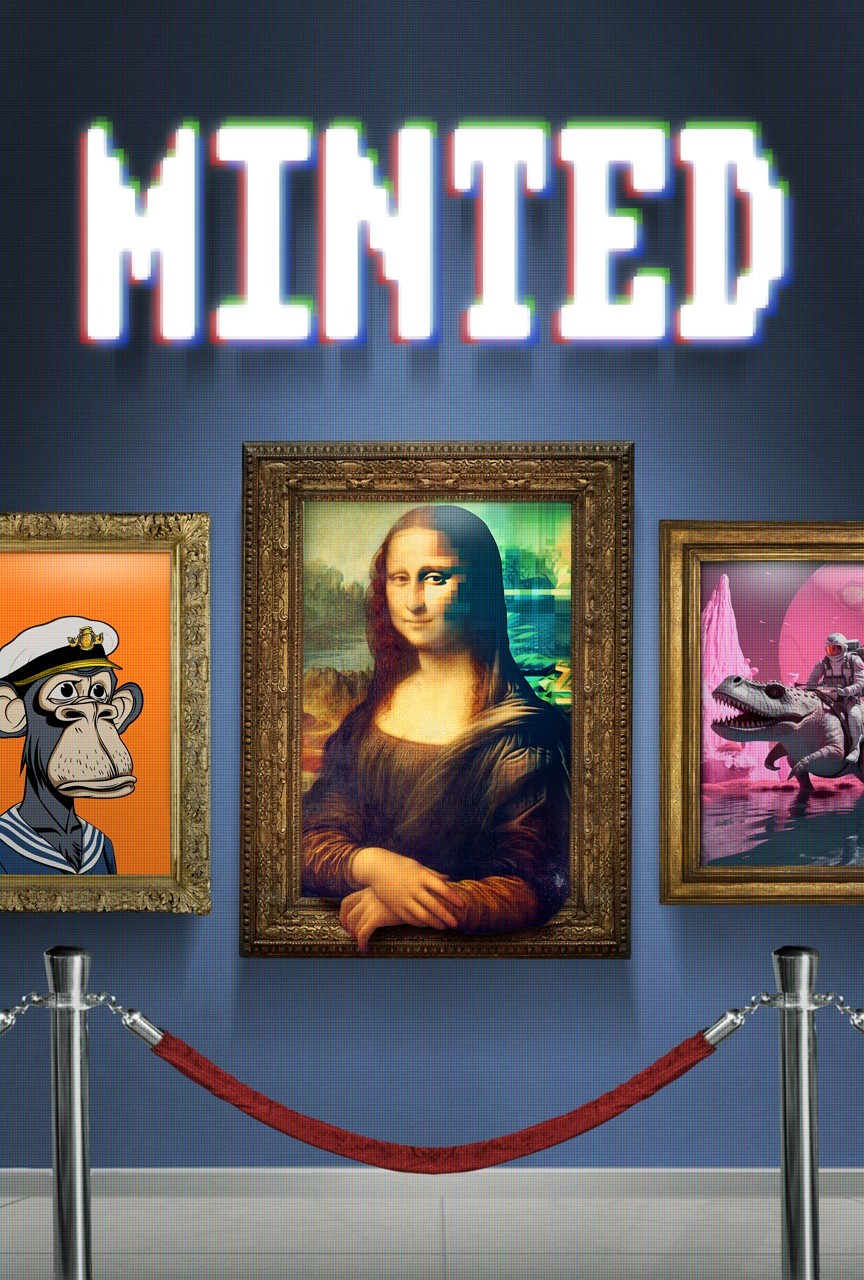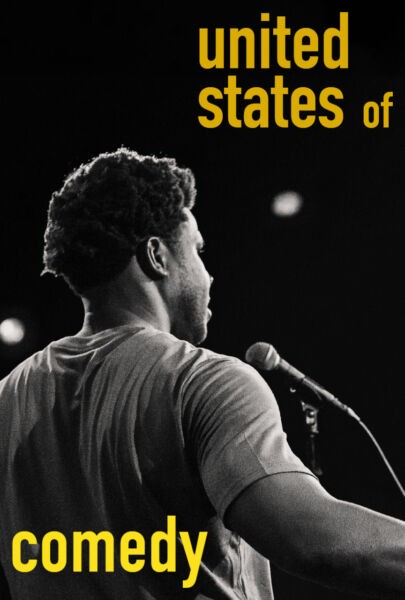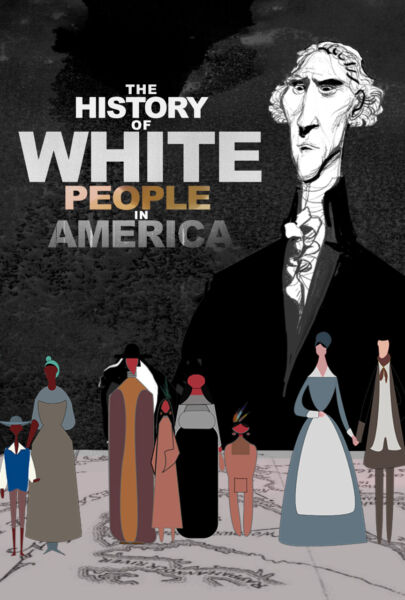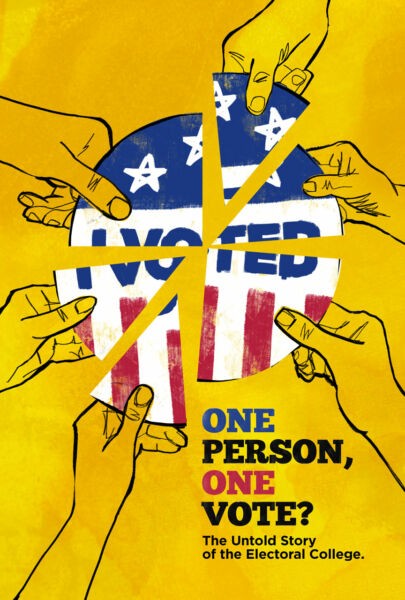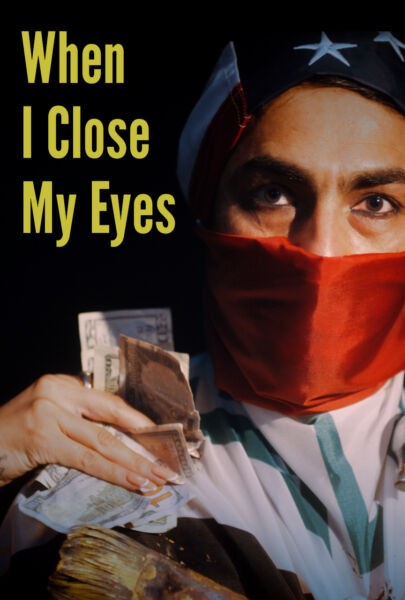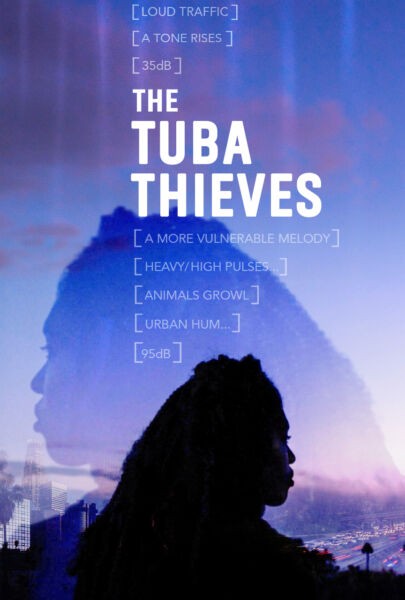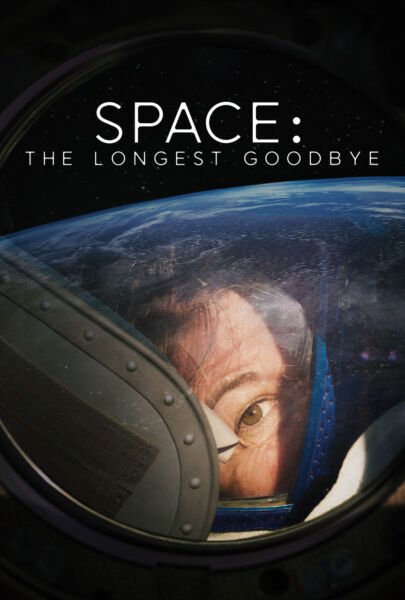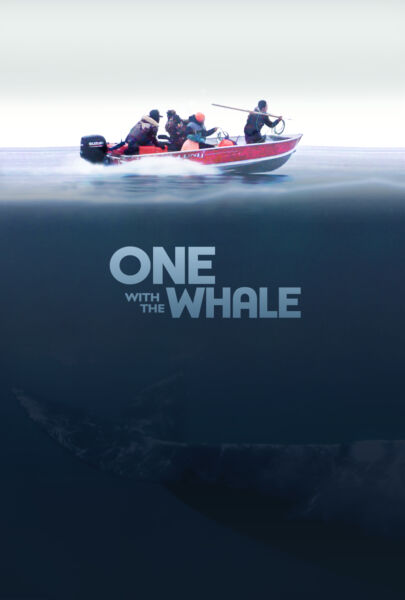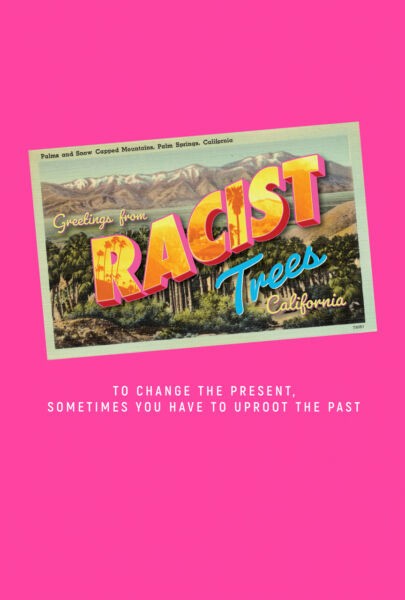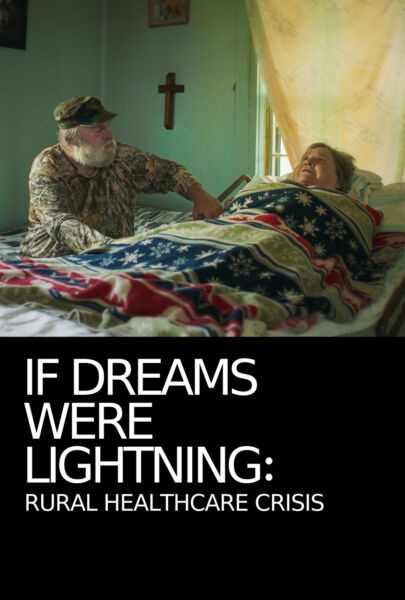
Technology executive-turned-filmmaker Hao Wu takes a raw and human approach to storytelling in an era when culture evolves online, and for his very first feature film, People’s Republic of Desire Wu won a SXSW Film Festival Grand Jury Prize–pretty impressive for a self-taught filmmaker. He expertly tells a real-life Black Mirror-esque tale that is, wrote David Ehrlich in Indiewire, “tragic and terrifying in equal measure.” The documentary about the wild world of live streaming “showrooms” and celebrities in China is “invariably surprising and never less than compelling,” adds Kenneth Turan in the LA Times.
Wu talked to us at length about the making of this film, what shocked him the most about live streaming culture, the film’s co-star and internet celebrity Shen Man’s interesting reaction to the film, how she and Big Li are doing today, and what China’s “crackdown” on live streaming actually means.
Why did you want to make People’s Republic of Desire?
Back in 2014, before live streaming took off in a mainstream way in China, someone told me about this live streaming company called YY. It was already listed on NASDAQ and worth billions, but still relatively unknown among the general population in China. I did some digging and found that YY was very popular among China’s young and lonely diaosi (“loser”) generation. It also attracted many nouveau-riche types. I was shocked by how blatantly the rich showed off their wealth by spending tens of thousands a night on digital gifts, and how unabashedly the poor “losers” worshipped the rich. Even though live streaming was a pure online phenomenon, I sensed that real human desires were powering its growing popularity. I was intrigued and decided to pursue this topic.
As someone who has worked for many years in the internet industry, I wanted to explore with this film how technology affects human relations, and how the seemingly easy riches enabled by technology change our sense of being, of happiness. Having a background in both the east and the west, I’m also lucky to be able to witness, first hand, the many ways that China has leaped ahead of the US in technology adoption. Live streaming, being China’s fastest-growing social medium and a growing phenomenon all over the world, is a prime example of the hyper-evolution of internet culture. It allows me to look into technology’s impact on its users, especially the young generation who have come of age with the internet.
What is something that shocked or surprised you the most while you were making Desire?
What has been most shocking, to me, is how straightforward relationships are being transacted in monetary terms in China’s live streaming world. The ways through which internet celebrities produce content and attract fans are quite similar across the east and the west. But here in the west, we usually feel that our relationships with Youtube and Instagram celebrities are more innocent, because they often make money through advertising and sponsorships, in which the money doesn’t originate from us, the fans, but from brands and advertisers.
In China, however, the live streaming platforms have designed a digital “gifting” or “tipping” system where fans are encouraged to show their adoration of their idols through money. Even though I am familiar with the contemporary Chinese society’s obsession with wealth making, the degree to which both live streamers and their fans so willingly participate in this game, so wholeheartedly enjoy the spectacle of money, still surprised me.
But come to think of it, perhaps this behavior is more direct and honest, because it reveals the true nature of the world we live in — a world dominated by capitalism, technology and the many desires of ours unmet in real life.
What were some of the biggest challenges you faced in making this film?
Telling an online story visually and successfully has been a big challenge. Our industry has struggled with making the internet world come to life on screen, since so much of people’s lives are taking place on an invisible network, and it’s hard to translate that visually. For this film, it was also difficult to explain live streaming’s intricate ecosystem to audiences not already familiar with that world, while at the same time telling a compelling human story.
To solve this visualization problem, I decided early in production to recreate the virtual world with 3D animation. The actual live streaming interface is busy and confusing, and the crazy feel does not translate well across languages. I want the audiences to be able to immerse and experience, perhaps being bewildered at the beginning just like I was, but gradually understanding this bizarre universe more and more.
How did you gain the trust of the people in your film, both the celebrities, their families, and the fans?
Persistence, patience, and a lot of empathy. During the first year and half of production, I spent close to 40% of that time in China, hanging out and living with my subjects. I viewed them as my little brothers and sisters and tried to understand them, despite the vast difference in our educational background and life experience.
What scene or moment in your film made the most impact on you?
I love the scene of Shen Man being interviewed by the TV reporter. She has such complicated relationships with her family, with her fame and fortune online, but she has to hold all that back in front of the camera, until she can’t. I love the way she tells the reporter she’s happy when her eyes are clearly saying the opposite. It’s hard to come up with that even in a fictional screenplay.
And did anything change in plans as you shot the film?
I had planned to film only one annual competition and use that as the climax of the film. Then I would go back and film some pickups of the characters’ personal stories. But soon after the first competition, Shen Man bought and moved into a brand new apartment. She also had plastic surgeries done to her face. So there went my plan to make the production short. I had to continue filming for another year until the characters finished the second competition. That, however, made the film much stronger. Such is the unpredictability of documentary filmmaking.
Can you talk about this past year’s changes in China, the “crackdown” on live streaming — what do you think spawned that, and how has it changed anything since you made your film?
Censorship of live streaming content existed in 2014 when I started filming. Back then it focused on removing any discussion of political and social issues, and any overtly sexual content. Since then two things have changed: firstly, live streaming, and later short videos (e.g., the short video app Tik Tok), have become the fastest-growing forms of online media; secondly, the government has started a new campaign to tighten control of all media to promote “core socialist values” and root out content that “celebrates money worship, hedonism, radical individualism, and feudal thought.”
Live streaming and short videos are bearing the brunt of this latest campaign due to the nature of their content that often runs directly opposite to the government’s wishes.
Since the start of this new crackdown, tens of thousands of live streamers have been banned, including some of the biggest names who were making mid- to high-six-figures (USD) a month. Compared to more traditional media, the internet in China used to be a lot freer, and live streaming used to have the feel of “anything goes.”
Now in many ways, it still has – the crass jokes, the worship of wealth, and the sexual innuendos. But the mood is definitely more muted, more guarded. No one wants to attract the attention of the government and has their livelihood taken away.
Do you have any updates on Big Li and Shen Man?
Big Li and Dabao got back together after a one-year separation. Their marriage is still rocky, but they are trying to make it work for the sake of their kid. Both Big Li and Shen Man have tried some backup careers by opening up a restaurant and setting up an online e-commerce shop, respectively. Neither has worked and with little education and real-life experience, they have few other options to explore. So both are still live streaming for the “easy” money, despite their misgivings about the internet.
And have they seen your film, and if so, what was their reaction?
I invited Big Li’s family to a screening of the film at the Guangzhou International Documentary Film Festival. They loved it. Dabao cried while watching it. The film is an accurate reflection of the world they live in, they said.
Shen Man has not watched the entire film, unfortunately. When I tried to screen the film for her privately in her apartment, she asked me to skip the scenes she wasn’t in and fast-forward those she was, to save time. Her main concern was to make sure she looked pretty enough in every scene.
I did ask her after our “screening” ended, whether she still felt resentful towards her entire family living off her income, whether she still felt trapped by the internet and the “easy” money through live streaming she couldn’t walk away from.
She said yes to both.
There are people in your film, some of the fans, who are in rough situations economically. Do any of the live streaming stars in China ever give back to them or help them back out?
The live streaming fans view themselves as part of a big family, an “army” even, led by their respective idols. And the live streamers do take on the role of a big brother or big sister towards their fans. Select die-hard fans can get private communication access to the live streamers, after having gained the latter’s trust. When these fans run into family or financial troubles, the live streamers willingly provide emotional assistance or loan the fans money. Sometimes they hire fans as paid assistants.
Live streamers feel protective of their fans, not only because their livelihood depends on their continuing adulation, but also because those die-hard fans’ affection are often the only genuine human relationship they have, even if it’s mostly online.
The ironic thing is, sometimes the live streamers’ patrons would run into financial troubles and ask them for loans as well. Then the live streamers would feel obligated to help. Once the money is loaned out, however, it would take a long time, if ever, for the live streamers to get repaid. Stories abound of live streamers getting scammed this way by fraudsters who pretend to be wealthy patrons. Such is the complex web of relationships that the live streamers live in.
What are your three favorite/most influential documentaries or feature films?
Rashomon, Memento, and The Thin Blue Line. Truth is out there, but hard to be captured with a linear narrative without human folly. Personally, I feel that an artist’s job is to provoke the audience to think, to draw conclusions for themselves.
Can you tell us what film/project(s) you’re working on next?
I’m finishing up a 39-minute documentary short for a video streaming website. It’s a personal film about my journey to have kids through surrogacy in the US and the challenges of introducing my “modern” LGBTQ family to my traditional family back in China. It’s a bittersweet comedy of the “old” world meets the “new.”









